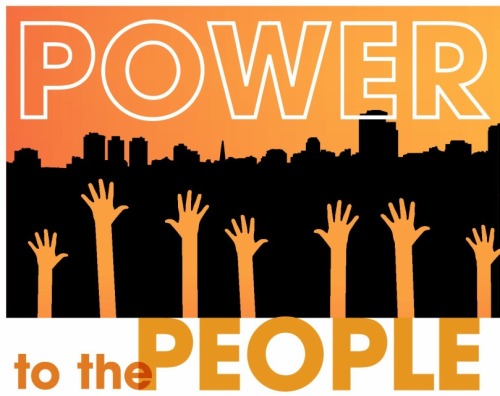Crowdsourcing for Democracy is Online in Finland
Who makes laws? In most of the democratic world, that’s the sole preserve of elected governments. But in Finland, technology is making democracy significantly more direct.
Earlier this year, the Finnish government enabled something called a “citizens’ initiative”, through which registered voters can come up with new laws – if they can get 50,000 of their fellow citizens to back them up within six months, then the Eduskunta (the Finnish parliament) is forced to vote on the proposal (adapted from an article by David Meyer).The Open Ministry (Avoin ministeriö) is about crowdsourcing legislation, deliberative and participatory democracy and citizens initiatives. It is a non-profit organization based in Helsinki, Finland.
Open Ministry helps citizens and NGO's with national citizens' initiatives, EU citizens initiatives and developing the online services for collaborating, sharing and signing the initiatives.
See the Open Ministry website
A book is also available on this innovative approach:
January 1, 2013 - Program on Liberation Technology News
Crowdsourcing for Democracy: New Era in Policy-Making
By Tanja AitamurtoThe book describes the evolution of crowdsourcing in its multitude of forms from innovation challenges to crowd funding. Crowdsourcing is situated in the toolkit to deploy Open Government practices. The book summarizes the best practices for crowdsourcing and outlines the benefits and challenges of open policy-making processes.
Tanja Aitamurto
Committee for the Future, Parliament of Finland (2012)




